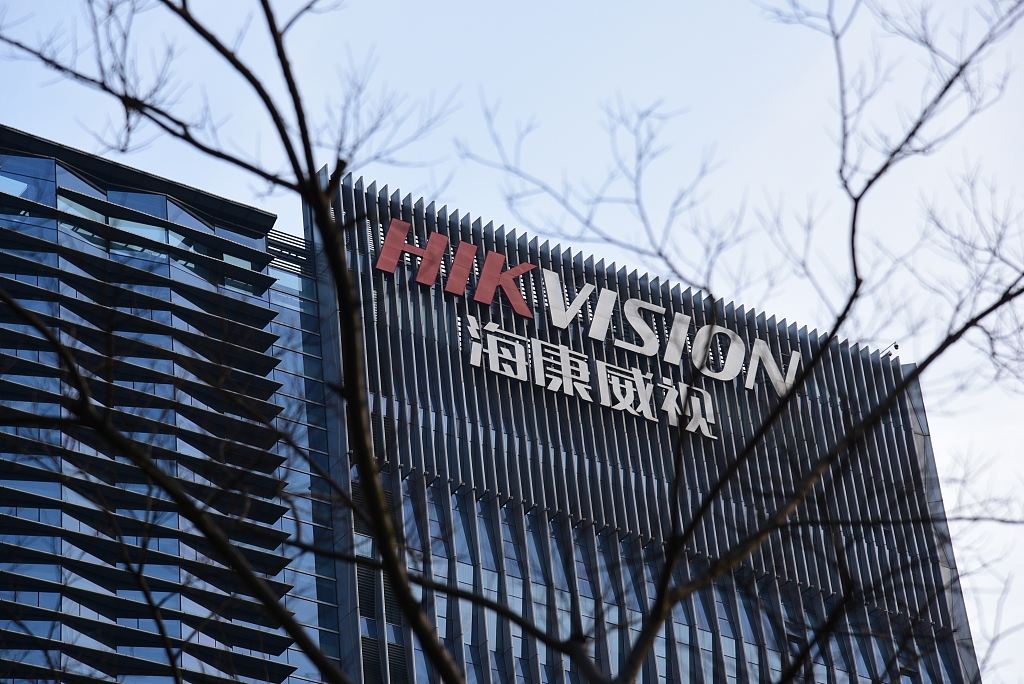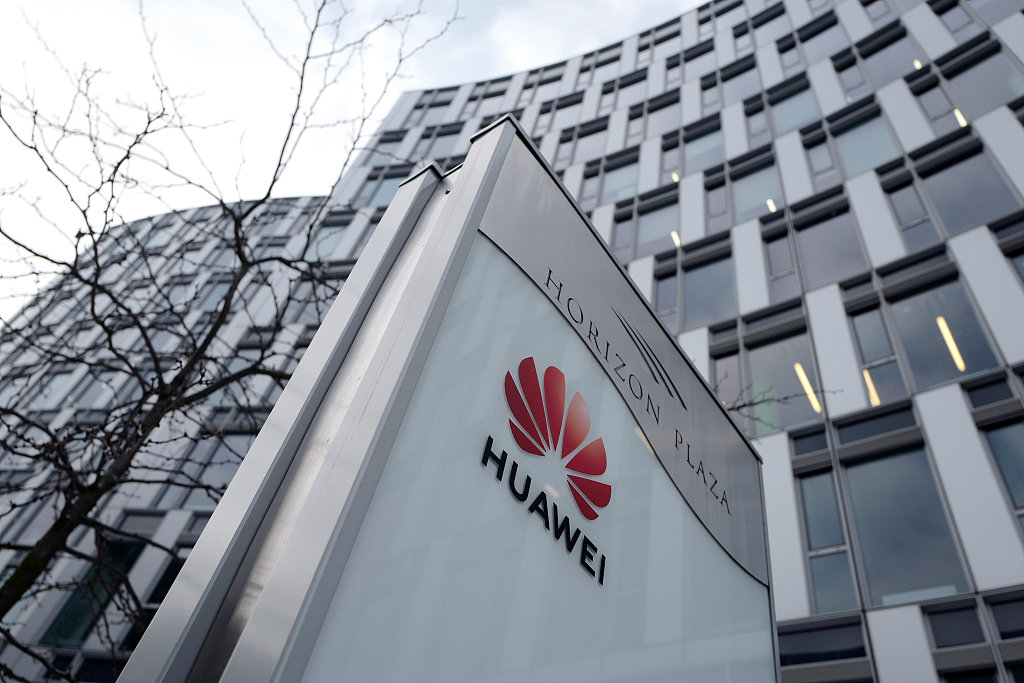
A street view of Kashgar, Xinjiang, China, July 29, 2019. /VCG Photo
A street view of Kashgar, Xinjiang, China, July 29, 2019. /VCG Photo
Editor's Note: Tom Fowdy is a British political and international relations analyst and a graduate of Durham and Oxford universities. He writes on topics pertaining to China, the DPRK, Britain, and the United States. The article reflects the author's opinions and not necessarily the views of CGTN.
The United States has announced that they are adding up to 28 Chinese entities to its Commerce Department's "entity list," prohibiting them most specifically from technology-related business in the United States. Added to the list were several Chinese artificial intelligence firms, security camera manufacturer Hikivision and also public security bureaus in Xinjiang Uygur Autonomous Region. As a justification for the move, the United States proceeded to claim that it was done on behalf of "human rights," describing what it said was a crackdown against the Uygurs in the region. Washington would later proceed to place U.S. visa bans on Chinese officials it deemed "responsible" for the situation.
This move must be interpreted in the light of opportunism than a legitimate concern for the well-being of anyone in Xinjiang. The United States has a long and very well-established history of using the mantra of "human rights" to selectively pursue foreign policy issues to justify its agenda, while happily ignoring them when it otherwise suits it.
In the issue of China, these companies are effectively being blacklisted as a component of the "technology war" – that is the effort to actively decouple the technological spheres in the U.S. and China, while also aiming to suppress China's own advances. However, by now using "human rights" to pursue a blacklisting, the recent news is unprecedented in terms of how considerable the scope of what the U.S. is prepared to attack China for has now broadened. This does not bode well for bilateral relations.

The headquaters of Hikivision in Hangzhou, China. /VCG Photo
The headquaters of Hikivision in Hangzhou, China. /VCG Photo
First of all, American administrations, but much more specifically Trump's, actively use "human rights" in a selective and opportunistic way to pursue and legitimize their foreign policy interests. Why so? The mantra of human rights is never utilized as an active or genuine concern for a given population but is instead mobilized to demonize a country and shore up support for assertive policies. In making such inflammatory condemnations, American politicians are able to articulate a very distinct and believable binary of "the righteous and benevolent America" vs. "the brutal and evil tyranny" of whatever country they wish to take action against.
This kind of talk has been used to start needless wars; it is never done with sincerity. But here are recent examples: When Trump pursued pressure on the Democratic People's Republic of Korea (DPRK) he raised human rights as a weapon, and then proceeded to drop it altogether when dialogue began.
When Saudi Arabia was accused of murdering U.S.-based journalist Jamal Khashoggi, Washington simply turned a blind eye. As protesters were killed in Iraq, the U.S. also ignored the death toll yet condemned Iran at every opportunity. In this case, its claims should be treated with skepticism. The Uygur issue is pursued with mass hysteria, popular Western imagination and often emotionally driven claims. The root of activity in that region is about fundamentally securing its stability and security, not as is being claimed, to remove a religion or culture.
In this case, the real motivation behind bringing up Xinjiang is part of broader efforts to stifle China's technological achievements, thus what is called "the tech war." To elaborate on this point, first the United States has continually attacked Chinese companies, which are deemed to overtake its own technological capabilities. Previously, the U.S. has attacked telecommunications (Huawei) and supercomputers, both areas where China exceeded American achievements. The subject of this blacklisting concerns artificial intelligence.

The logo of Huawei is seen in front of the local offices of Huawei in Warsaw, Poland, January 11, 2019. /VCG Photo
The logo of Huawei is seen in front of the local offices of Huawei in Warsaw, Poland, January 11, 2019. /VCG Photo
Thus in the latest measures, Megvii, iFlytek, Hikvision, SenseTime and Yitu have all been targeted, they will no longer be allowed to buy parts from the U.S. market, and their demand will have to be supplicated by domestic innovation. In the case of Yitu, it was recently working with an American university on a project to develop software to better diagnose illnesses in children. This shows that the "human rights" narrative being cast on these companies is somewhat dubious at best. The real aim is to try and stifle China's technological advances.
However in doing so, the offensive has broadened. Never before was the United States willing to blacklist a Chinese company over the notion of "human rights." In fact previously Mike Pompeo and U.S. officials had sought to avoid this issue in a good faith measure for trade talks with China. No more, it seems.
It is bad news for bilateral relations as they continue to decline. Without a doubt, China will feel obligated to respond with its own reciprocal measures. Expect Beijing to blacklist officials from visiting the country on equal terms to what Washington has initiated. This will make upcoming trade talks very tense.
Thus as a whole, audiences should be skeptical of the invocation of "human rights" in the pursuit of broader and more American foreign policy objectives. This is all about a technology war.
(If you want to contribute and have specific expertise, please contact us at opinions@cgtn.com.)